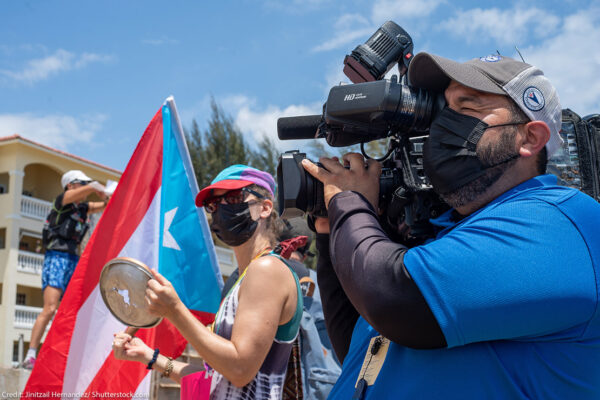ACLU of MD Asks Court to Throw Out Annapolis 'Anti-Loitering' Law
FOR IMMEDIATE RELEASE
BALTIMORE, MD -- In a motion filed today on behalf of the local NAACP, the American Civil Liberties Union of Maryland asked a federal judge to rule Annapolis' anti-loitering law unconstitutional on the grounds that it violates free speech rights and is enforced mainly against African Americans, Hispanics and public housing residents.
"The ordinance allows law enforcement officers almost total discretion to order citizens to move along if they think their behavior is suspicious," said Milissa Murray, who is working as co-counsel with the ACLU. "Historically, this kind of police discretion has often led to the disproportionate targeting and arrest of young African Americans."
Under the anti-loitering ordinance, a police officer can order citizens to leave a "drug-loitering free zone" for participating in activities such as conducting a voter registration drive, talking with friends, making change for a bus, or flagging down drivers for a charity car wash.
Gerald Stansbury, the President of the NAACP Anne Arundel County Branch, notes that his organization challenged the ordinance because "if enforced, the anti-loitering law will have a disparate impact on African-Americans, Hispanics, and public housing residents."
The City Council passed the ordinance in October 1999, but it has yet to take effect. In February 2000, the City Council designated Newtowne Twenty as the first drug-loitering free zone. Two days later, the ACLU filed a lawsuit challenging the ordinance on behalf of the NAACP Anne Arundel County Branch, We Care founder and president Larry Griffin, Annapolis entertainer and activist Parris Lane, and Annapolis resident and activist Kenith Dean.
Even though the anti-loitering ordinance has yet to take effect, police officers have already began ordering citizens to "move on." Ironically, in one particular incident the very people told to "move on" were at the time urging young men to refrain from becoming involved in the drug trade.
"By applying the anti-loitering ordinance to innocent -- and even beneficial -- behavior, some police officers are in effect creating 'Constitution-free' zones instead of creating 'drug-free' zones," said ACLU of Maryland staff counsel Dwight Sullivan.
The case is pending before Judge Catherine C. Blake in United States District Court in Baltimore.


